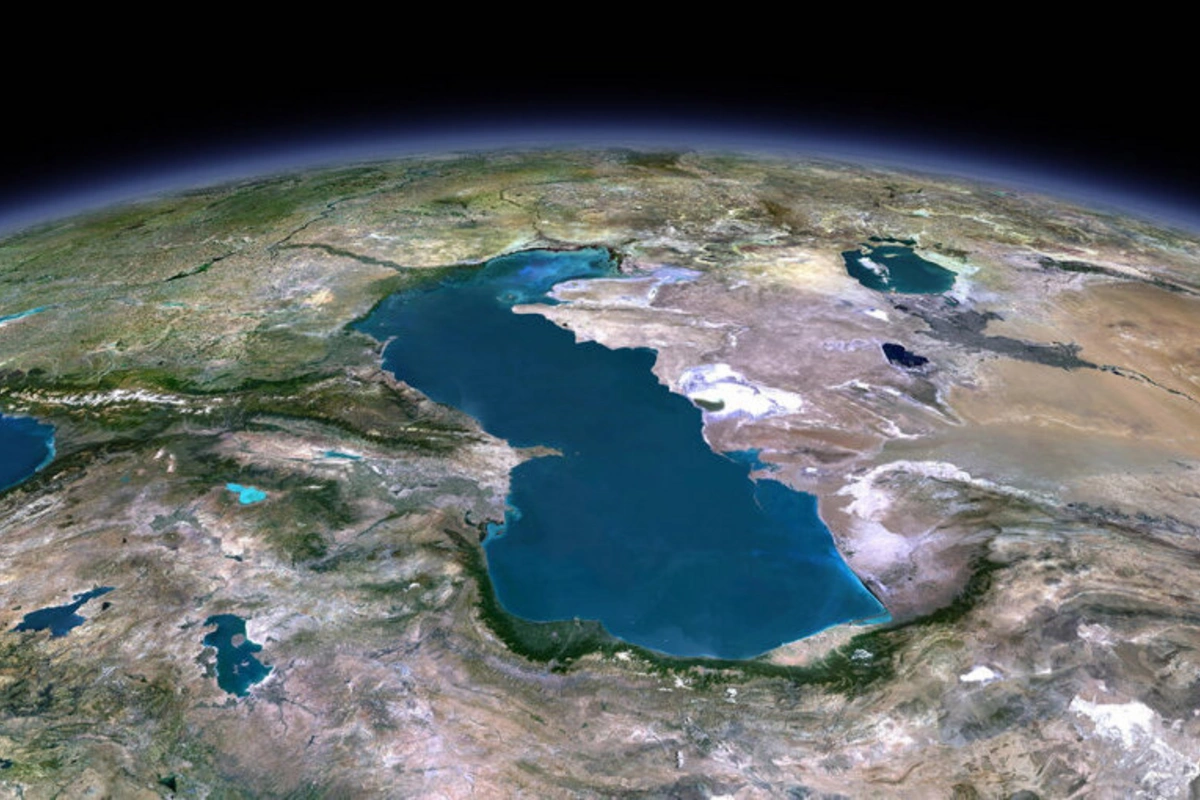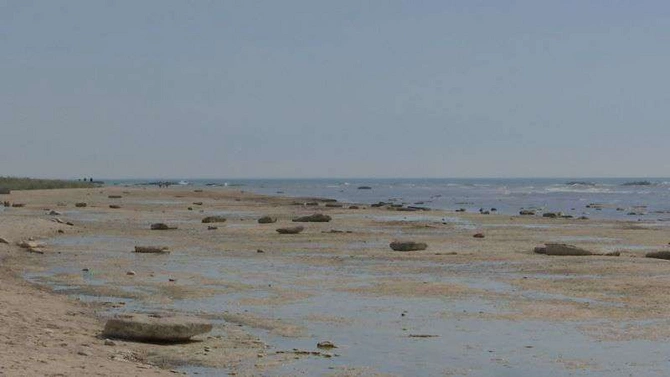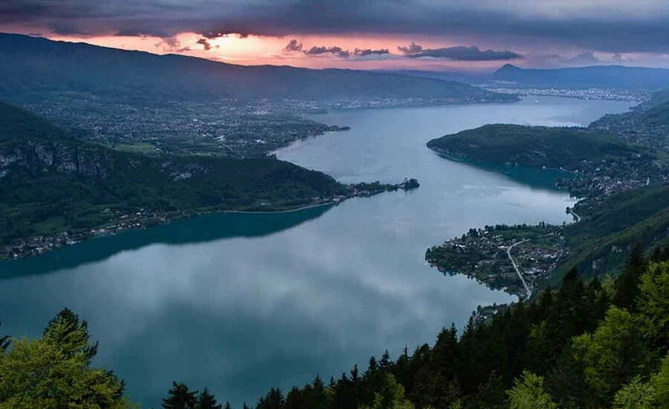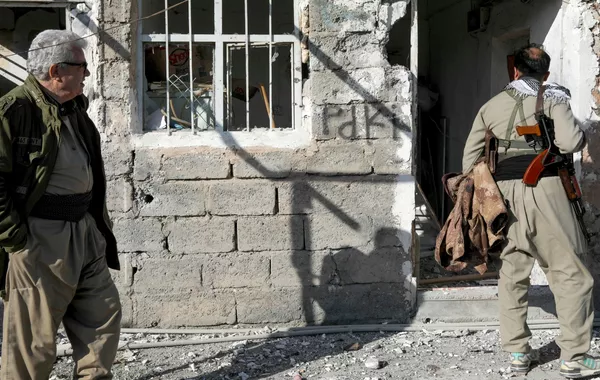
Photo credit: bne IntelliNews
The Caspian Sea is drying up at an alarming rate, and Kazakhstan is sounding the alarm. With the sea level dropping to a historic low of -29.21 meters, the country faces mounting environmental, economic, and logistical challenges.
More than 31,000 square kilometers of surface water have disappeared since 2006, and the northeastern coastal areas of Kazakhstan are being hit the hardest.
Major ports such as Aktau and Kuryk now require constant dredging to remain operational. Officials warn that if the current rate of decline-averaging 7 centimeters per year-continues, Kazakhstan could lose its entire maritime zone within decades. The potential consequences extend beyond infrastructure. A five-meter drop in sea level could eliminate 81% of the Caspian seal’s breeding grounds and compromise nearly all marine protected areas. A ten-meter drop could push the Aktau port almost 90 kilometers inland and cause regional economic losses exceeding $10 billion annually.

Source: Kazinform
The Caspian relies on river inflows, and the Volga River alone provides more than 80% of the total. However, in 2023, its contribution was 207 cubic kilometers-far short of the 270-275 cubic kilometers needed to maintain the sea’s balance. Kazakhstan is calling for a joint working group with Russia to secure guaranteed minimum water flows from the Volga. But Moscow resists, asserting that the Volga is not a transboundary river and thus not subject to international agreements.
Russian experts argue that due to climate change and increased evaporation, there simply isn’t enough water to meet Kazakhstan’s demands. Without coordinated regional efforts, the crisis is likely to deepen. For Kazakhstan, the drying Caspian is not just an environmental concern-it’s a national emergency with global implications

Aleksandr Mandrykin, Director of the public foundation "Resolve and Unity of Action" focus on environmental initiatives in Kazakhstan in an interview with News.Az stressed the Caspian Sea is crucial for his country, and beyond concerns over Volga discharge, the real urgency lies in addressing the country’s neglected water management and activating internal reserves.
“I believe that Kazakhstan needs its own program for the hydro-landscape rehabilitation of both surface and underground water sources in aquifer zones. This is especially important given the specifics of our region-Western Kazakhstan, particularly the Aktobe area-where we are connected by a so-called water ring: two transboundary rivers flow into the Ural, then through the Elek River into the Ural again, and from there into Uralsk. This forms a closed cycle. The issue of the Caspian Sea is as critical for Kazakhstan as the Aral Sea. It’s possible that the current water discharge from the Volga into the Caspian is insufficient. Still, we must prepare ourselves to seek and mobilize internal reserves. For too long, we have treated our water supply, drainage, and regulation systems irresponsibly-and we continue to do so.”

Source: Kazinform
He noted that a program for the rehabilitation of landscape and underground water sources in aquifer areas is extremely relevant for Kazakhstan: “Why we haven’t been able to implement it, even with public support, is another matter-an internal issue for Kazakhstan. But regardless of whether we receive water or not, we must activate our own resources. As for Russia, we must-and can-secure legal guarantees for a minimum discharge from the Volga. I personally don’t see insurmountable obstacles here. However, influencing Russia’s water policy regarding the Volga without an official bilateral agreement is very difficult. A comprehensive document covering the entire issue is necessary. Russia, in shaping its policy on the Volga, must take into account Kazakhstan’s interests. A joint working group is essential-ideally, with observers from the Caspian littoral states.
I fully support Kazakhstan’s initiative to secure a minimum water discharge from the Volga under clear and defined conditions. We must present our position in such a way that no one can raise legitimate objections to it. That, in short, is my response to your questions.”
Share on social media
